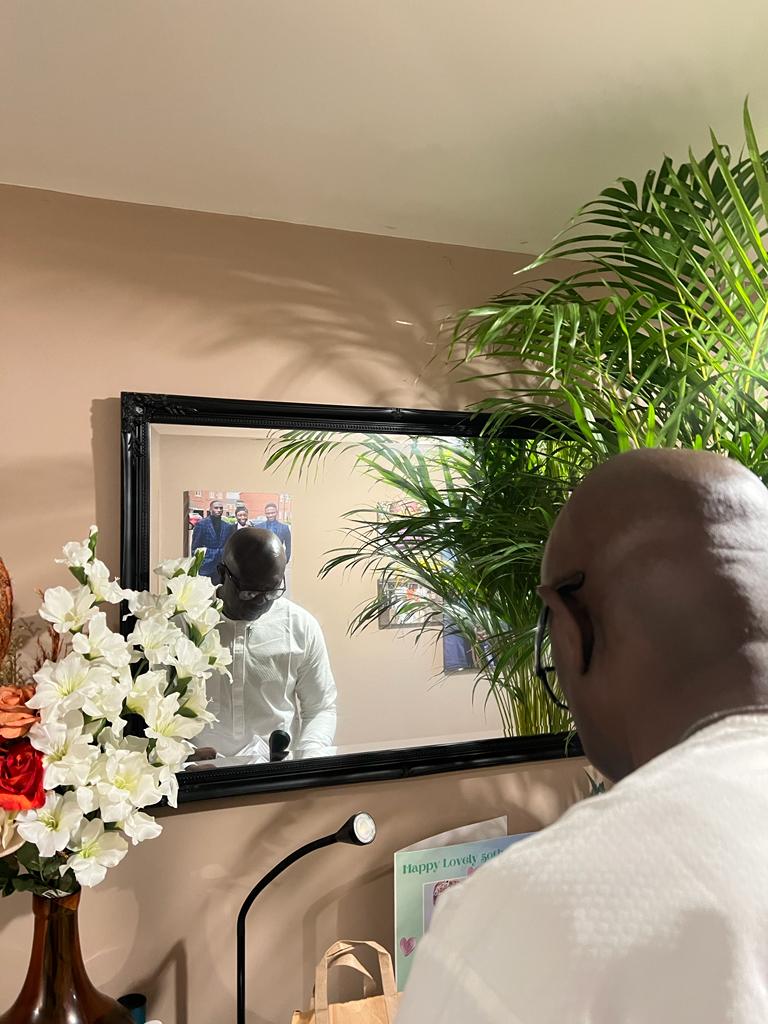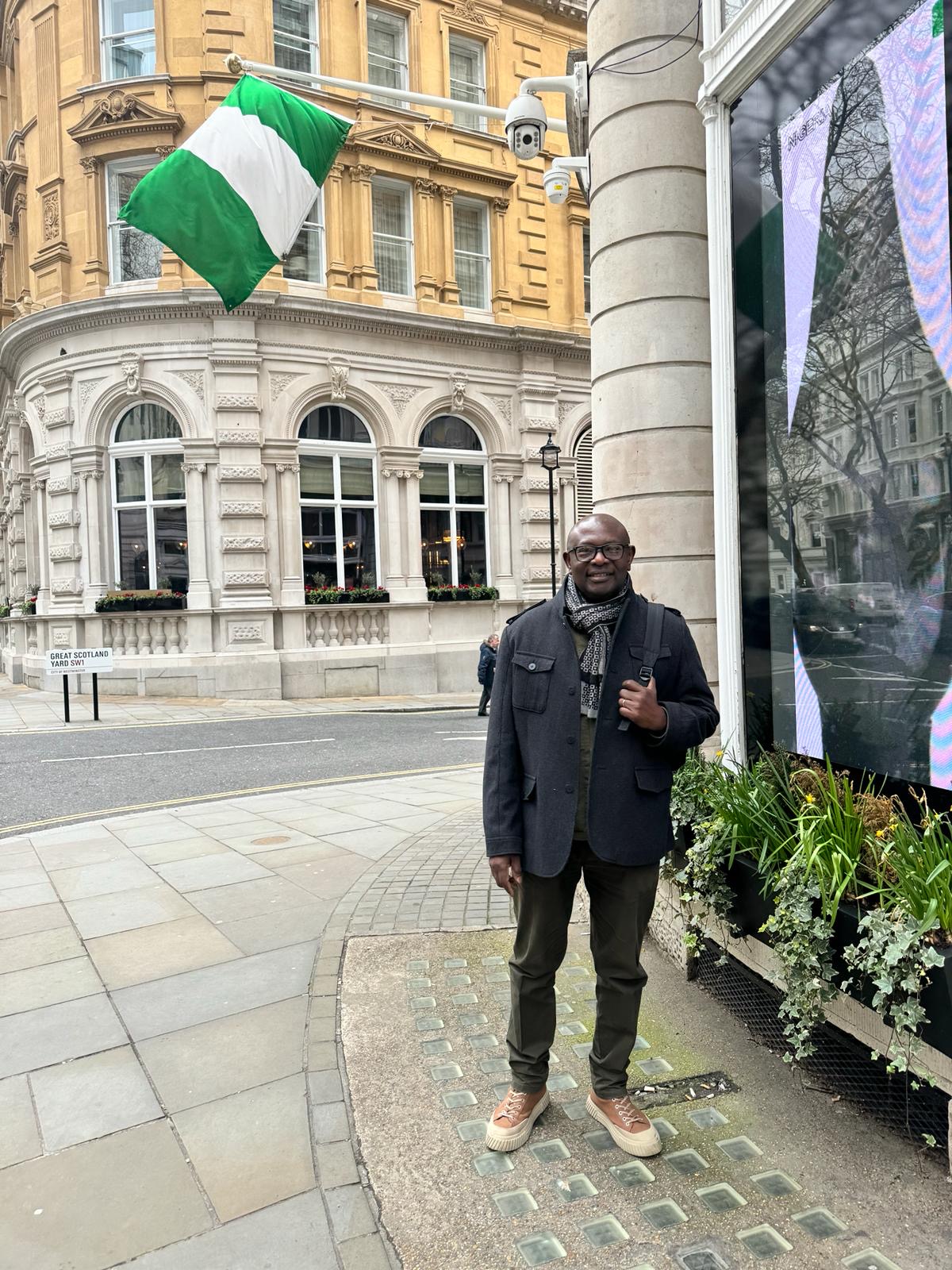By M. Babajide-Alabi,
It is an interesting development to see Nigerians of different persuasions and political ideologies coming together to sign peace accords or agreements in preparation for the 2015 General Elections. This is indeed something worth commending the initiators and the participants for.
The wave of peace treaties kicked off with the agreement signed by the major presidential candidates alongside their parties in January. This event was organised by Nigerians, for Nigerians. It was not supervised by foreign powers but witnessed by, among other dignitaries, former Commonwealth Secretary General Kofi Annan.
After this commendable initiative, most states have also drawn up their own pacts so as to ensure peace reigns before, during and after the elections in their domains. It is no news that election period in the country is usually characterised by violence. It is common occurrences for political rallies to turn into a free for all “mob” fights among opposing political parties.
In 2015, the impact of these peace agreements is noticeable when the present political situation is compared with what was obtained in the past few weeks or months to important elections. To the commendation of the political parties and the supporters it has been relatively peaceful and calm even in states tagged as political hotbeds of political violence. Apart from isolated cases of violence, generally the conduct of the politicians, supporters and security agencies have been fairly impressive.
The peace agreements, by extension, seem to be binding also on supporters on the social media. All of a sudden there has been ceasefire (Ukraine model) on the social “mediasphere” particularly among the supporters of the major presidential candidates. What we have now are courteous comments and remarks in support or against postings. No more “deadly” wishes on opposing supporters or candidates as was witnessed at the start of the year.
Among the latest in the series of these agreements or pacts was signed in Lagos State recently between Mr Jimi Agbaje of the People’s Democratic Party (PDP) and Mr Akinwunmi Ambode of the All Progressives Congress (APC). To most people, Lagos State is the nerve centre of Nigeria, not only in population, but also economic wise, hence the importance attached to the peace pact.
To further demonstrate the strategic “worth” of Lagos State in the political stability and existence of Nigeria, the Lagos peace agreement initiators felt taking it a “yard” further will make it distinct. Therefore it was “common sense” to involve the United States Of America (USA) in the process of the “drafting” and signing of the treaty. Whatever Lagos does, it does in grand style. Eko o’ ni baje.
In style and class, the candidates, a few imams and pastors were all “summoned” to the official Ikoyi residence of the US Consul General, Jeffery Hawkins. Under his supervision and presence of U.S. ambassador to Nigeria, James F. Entwistle, the candidates were “instructed” to sign the dotted line with big smiles on their faces. They both agreed to uphold the result of the elections and contest any perceived malpractices in the courts of law and not on the streets of Idumota or Agege.
It is great to note that no other state in Nigeria has been “lucky” enough to sign their peace treaty in the presence of any other ambassador, not even Benin Republic Ambassador to Nigeria. All other treaties were home brewed, presided over by either the commissioners of police, the Zonal Assistant Inspector General or INEC resident commissioner. In a particular state, the Controller of Prisons was at the event to warn the politicians there is still enough room in the prisons for overbearing supporters.
But let’s pause a minute and ask why the Lagos State peace treaty had to be supervised by U.S. personnels? Is it to give more credibility to it? Is it that there was no other venue where the pact can be signed? Are the religious leaders not worthy or credible witnesses?
I may be wrong but I have the feeling that these two candidates so distrusted themselves and their supporters that they had to make America’s involvement a condition for participation. There is a possibility that one or both of the candidates had insisted that if the venue for the agreement was not the US Consul General residence they would not be part of the agreement. Or how can one explain the choice of the venue, the participants and the supervisors.
This event brings to the fore, our seemingly over dependence and reliance on foreign involvement in what otherwise could be an internal issue. We literarily beg foreign nations to get involve in our affairs. We rather sacrifice our nationhood to satisfy these foreign powers.
This is not limited to the national affairs. Even in our home setting, if possible, some Nigerians would have been calling for US or UK intervention. We celebrate things which are foreign in order to give an impression we are better off. On a lighter note, one tends to ask if this psyche is why Nigerians speak “hot” Yankee accents than the Americans?
We place our national destiny in the hands of these foreign powers believing they have the solutions to all our problems. According to history, we have always been wrong at the end of the day. The most depressing aspect of it all is that when the chips are down, these foreign powers usually have reasons for “standing aloof” in our “internal affairs”.
Now I can understand why people were “threatening” to report the Nigerian government to the US should it postpone the Valentine Day election. I can see clear,y now why a few people take their protests to the streets of New York and London anytime they think the Nigerian government is misbehaving. It is not unusual to see placards calling on the US or UK to intervene in our internal affairs.
Should Agbaje and Ambode be really interested in a genuine peace pact, they need no intervention of the United States officials. They have demonstrated to us their unwillingness to cooperate if the peace agreement was “home concocted?” Their supporters are most likely not to honour the pact. However, with the involvement of the “super power”, the word on the streets would be “do not make US angry.” And everybody would behave.
Kudos to the other states where they needed not wait on US or UK to supervise their peace pacts. We can still salvage what is left of our national pride. Period.
Published in the Sunday Vanguard of February 22, 2015







